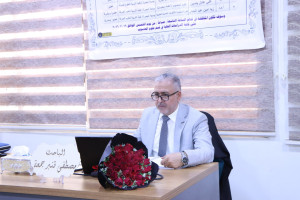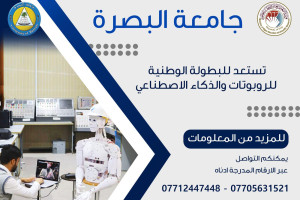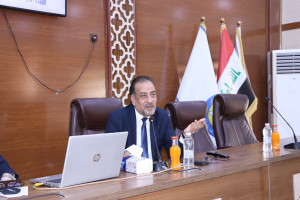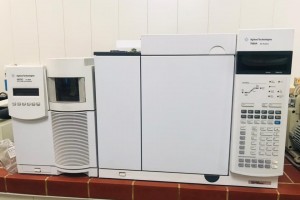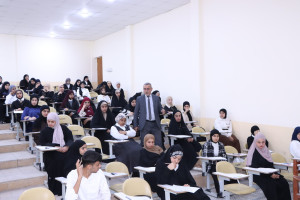
A research team consisting of Prof. Dr. Adel Amala Damad, Assistant Professor Dr. Ahmed Majid Jassem, Professor Dr. Raed Awad Obaido, Prof. Dr. Faiza Abdul Karim Nasser from the Department of Chemistry at the College of Education for Pure Sciences - University of Basra publishes a research paper entitled
Design, cytotoxic effects on breast cancer cell line (MDA-MB 231), and molecular docking of some maleimide-benzenesulfonamide derivatives
(Design and effects of toxicity on breast cancer cells (MDA-MB 231) and molecular docking of some maleimide-benzene sulfonamide derivatives)
In: Journal of the Indian Chemical Society
In the publishing house: Elsevier
It is included in the container: Clarvet and Scopus
Summary:
A new group of maleimide-benzenesulfonamide 3a-d derivatives has been prepared for evaluation as a potential anti-breast cancer agent. The composition of the prepared compounds was confirmed by NMR spectrophotometric technology, mass spectrometry, FT-IR spectrophotometry and melting points. The cytotoxic activity (in vitro) of the selected compounds was studied against MDA-MB231 cell type evaluated by the MTT method. , some of the prepared compounds showed significant cytotoxicity with IC50 values of 1.61 and 1.26 μM, while some compounds showed moderate cytotoxicity with IC50 values of 0.45 and 1.12 μM, respectively, against the same type of MDA-MB231 cells. Molecular docking of the prepared compounds with some important proteins such as human aromatase protein (PDB:4GL7) was also studied to verify whether these compounds possess a binding mode similar to breast cancer proteins. Molecular docking results showed that these compounds have an effective hydrogen bonding type, and a Van der Waals bonding type with the aromatase protein active site residues (PDB ID: 4GL7). The calculated low binding energies and number of hydrogen bonds indicated that maleimide-benzenesulfonamide derivatives could be considered as a promising anti-breast cancer agent.


